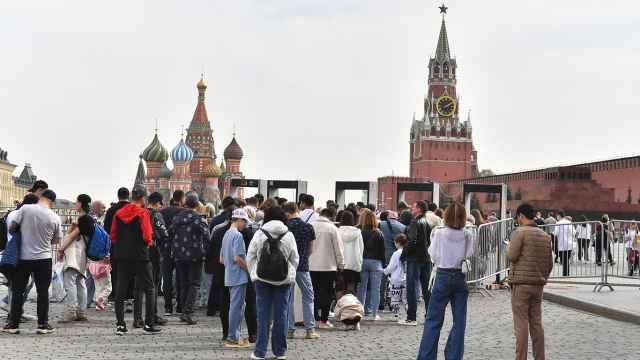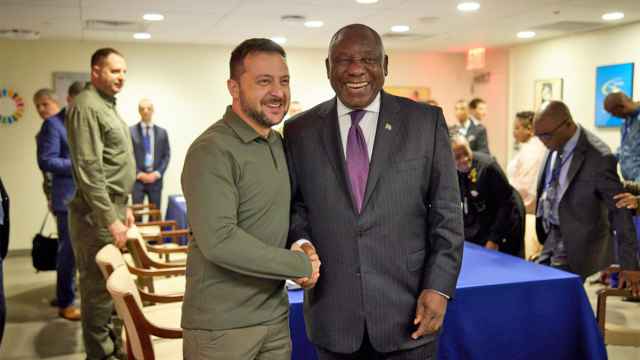Online mysticism courses have experienced a nearly 20-fold surge in popularity among the Russian public, the Vedemosti business daily reported Tuesday, citing data provided by telecommunications companies.
Analysts attribute Russians’ growing interest in mysticism to the stress and uncertainty being caused by Russia's invasion of Ukraine.
Online schools offering lessons in fortune telling, astrology, and other esoteric practices saw traffic increase from 312 visits between January and March 2022 to 5,962 over the same period in 2023, according to Vedomosti’s analysis of cell phone operator Tele2's data.
Another major Russian cell phone operator, Megafon, registered an 11-fold increase in traffic on similar websites offering courses in mysticism over the same period, Vedomosti reported.
“People saw that there was demand for these services last year and came to learn,” said sociologist Denis Volkov.
Mikhail Burmistrov, head of market research firm Infoline-Analytics, noted that mysticism was gradually overtaking personal development training in popularity among the Russian public.
“The same mechanisms for attracting an audience are beginning to be used in related sectors where you can also make a lot of money on certain human weaknesses,” Burmistrov told Vedomosti.
The reported surge in demand for courses in mysticism coincides with a slump in traffic to fortune-telling websites and online occult stores, suggesting that people are moving away from paid services to learning how to perform esoteric practices for themselves, Vedomosti said.
Buyers are apparently migrating to e-commerce platforms, with Ozon seeing a 95% increase in demand for amulets and charm bracelets, while Wildberries has sold 105% more tarot cards between January and March 2023, the newspaper reported.
A Message from The Moscow Times:
Dear readers,
We are facing unprecedented challenges. Russia's Prosecutor General's Office has designated The Moscow Times as an "undesirable" organization, criminalizing our work and putting our staff at risk of prosecution. This follows our earlier unjust labeling as a "foreign agent."
These actions are direct attempts to silence independent journalism in Russia. The authorities claim our work "discredits the decisions of the Russian leadership." We see things differently: we strive to provide accurate, unbiased reporting on Russia.
We, the journalists of The Moscow Times, refuse to be silenced. But to continue our work, we need your help.
Your support, no matter how small, makes a world of difference. If you can, please support us monthly starting from just $2. It's quick to set up, and every contribution makes a significant impact.
By supporting The Moscow Times, you're defending open, independent journalism in the face of repression. Thank you for standing with us.
Remind me later.






